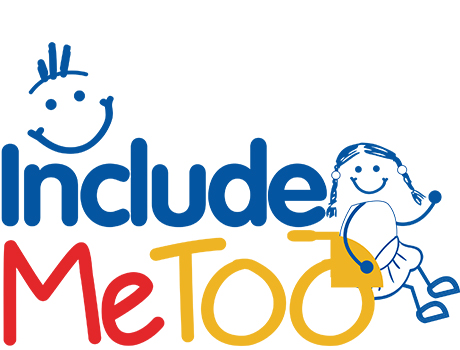“Include Me TOO” (IM2) over the past two years has been working very closely with the NSPCC.
NSPCC recognise the work undertaken by Include Me TOO since 2002 in engaging and supporting BME disabled children and young people and their families.
Through partnership working both organisations have been developing and supporting key areas in relation to safeguarding BME disabled children and young people. This has been delivered through joint seminars and workshops.
Parmi Dheensa (IM2), Norbert Marjolin (NSPCC) and David Miller (NSPCC) have promoted and highlighted the issues and concerns in relation to BME communities, whilst making specific reference and impact on these issues in relation to BME disabled children and young people, promoting safer environments, supporting anti bullying campaigns and increasing community cohesion and citizenship.
“Include Me TOO” and NSPCC are currently producing good practice guidance’s in regards to BME disabled children and young people. More information will be of upcoming events to support the developments of the guidance’s.
The events will provide an opportunity for :
- Discussion of all stakeholders
- Review of existing frameworks
- Promotion of disability issues, equality and rights whilst promoting UNCRC and Every Child Matters.
Safeguarding disabled children is underpinned and referenced by
Include Me Too Charter of Rights and UNCRC
Standard 6: To be treated equally and respected as unique individuals
Standard 8: To feel safe and be safe
Standard 9: To not be bullied because of our impairments, culture or backgrounds
Article 23: Every disabled child has the right to be part of every thing, to help her/him enjoy a full life and to live a full and active life in society.
Article 25: Every disabled child who is in care or live away from home for health reasons should have her/his care checked regularly
Article 27: Every disabled child has the right to standard of living that meets her/his physical, mental, spiritual, moral and social development and well being. Parents/carers have a responsibility to meet these needs from their own abilities and finances. The Government should also support families in meeting these needs where families find it difficult to do so by themselves.

